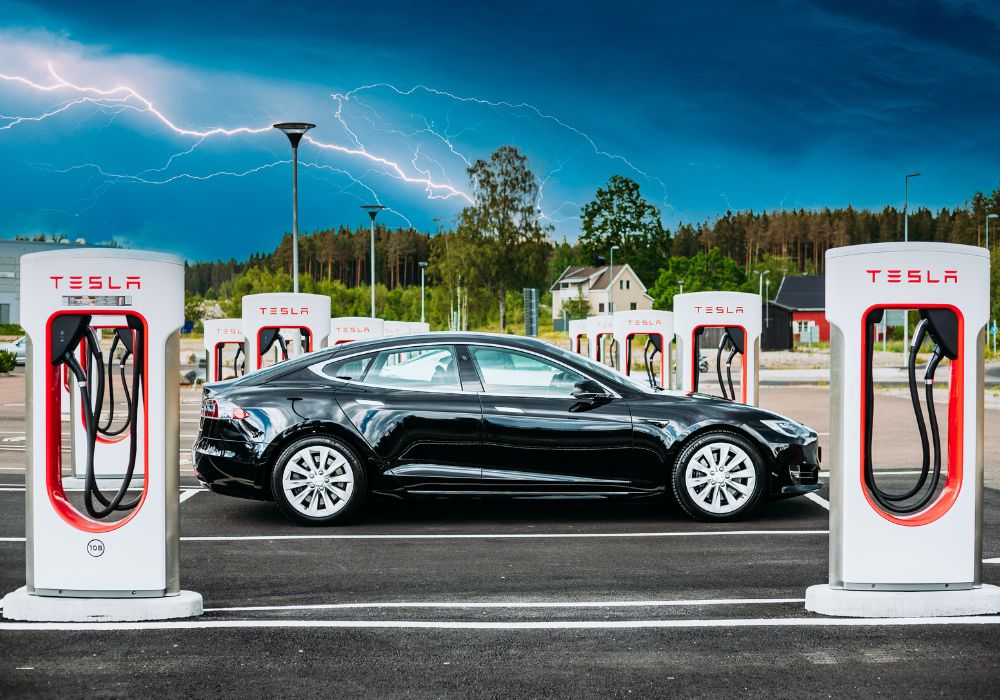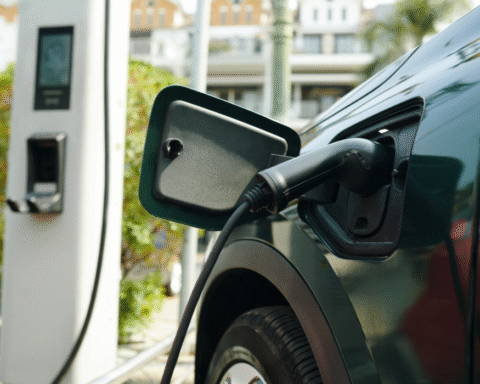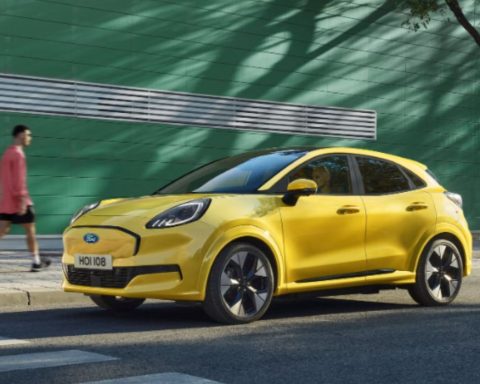Hertz’s announcement in January that it would sell off nearly one-third of its electric car rental fleet sparked widespread speculation about what the deeper meaning might be for the EV market. But a closer look at the rental company’s plans, and the broader EV landscape, reveals the answer is: not much.
“Make no mistake, we are developing a clear understanding of the key levers needed to deliver a more profitable EV rental fleet in a world that is moving toward electrification,” Hertz CEO and Chair Stephen M. Scherr told a shareholder meeting last October, months before the EV sell-off news dropped.
“Transitions of this magnitude are not easy, and there are important factors, including charging infrastructure, the pace of OEM [original equipment manufacturer] production, and the growth of the EV aftermarket that we simply cannot control.”
EVs presented issues for Hertz that the company had not prepared for in its EV adoption projections. For one, Hertz said EVs came with significantly higher repair costs—not from regular maintenance, which executives said was cheaper than for internal combustion engine (ICE) cars, but from collision repair, where costs ran twice as high for EVs as their ICE counterparts.
There was also a higher rate of damaging incidents among EV rental drivers that made the cost difference a more significant issue. As one commentator pointed out, this may be because EV rental drivers who usually drive ICE vehicles may not have had enough time to get used to the differences in driving experience between the two vehicle types.
EVs are “heavier than gas-powered cars and they deliver the sort of acceleration that can slap the back of your head against the headrest, which could explain why Hertz said EVs are involved in more collisions than gas-powered rentals,” David Berman, investment reporter for the Globe and Mail, recounted from his own EV-driving learning curve.
Adding to that, Tesla had cut the list prices of its vehicles since Hertz’s initial investment, so that the company faced significant losses when it sold cars for salvage.
If you are “coming to the conclusion that Hertz’s ‘EV problem’ is, in reality, a ‘Tesla value and repair costs problem,’ you’re not alone,” wrote MotorTrend editor Alex Kierstein. “It’s difficult to draw conclusions about EV suitability for the rental car market when so many cost factors conspired against Hertz’s mostly Tesla fleet.”
Hertz’s executives have said the company still intends to pursue EV rentals as a long-term plan. Indeed, Scherr told shareholders there is “an undeniable transformation under way” as U.S. EV ownership rates rise, and as government and corporate demand for EVs grows.
Every year, EVs are increasingly taking up a larger share of total vehicle sales.
– Arthur Zhang, Canadian Climate Institute
“We know the challenges at hand and are working to remedy that, which we can,” said Scherr. “And we will pace ourselves accordingly with an expectation that our in-fleeting of EVs will be slower than our prior expectations, but we will be stronger for having begun the journey when we did.”
Berman said Hertz’s snail’s pace is not indicative of the wider market.
“By 2026, battery electric vehicles and plug-in hybrids will account for 42% of European new passenger vehicle sales and 52% of sales in China,” he wrote, and while the U.S. is “a notable laggard,” EVs will account for 28% of vehicle sales by 2026 even there.
Meanwhile, “by 2026, sales of gas-powered cars will be 39% below their peak in 2017.”
In Canada, ICE vehicle sales have already peaked, writes 440 Megatonnes, a project of the Canadian Climate Institute.
“Every year, EVs are increasingly taking up a larger share of total vehicle sales,” research associate Arthur Zhang says in a new blog post. “EV sales grew at a staggering annual rate of 46%, increasing over eightfold between 2017 and 2023,” and sales in the first three quarters of 2023 surpassed volumes for the entire previous year.
This article was first published by The Energy Mix. Read the original story here.







